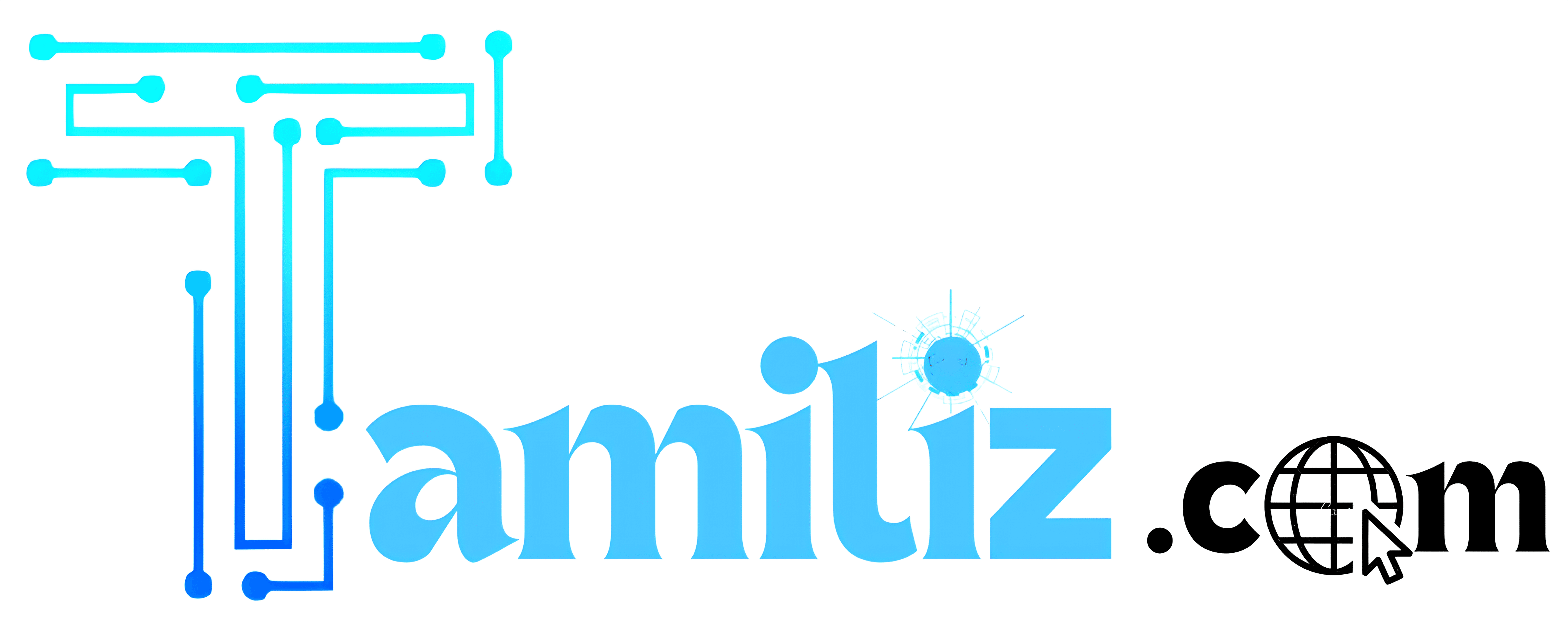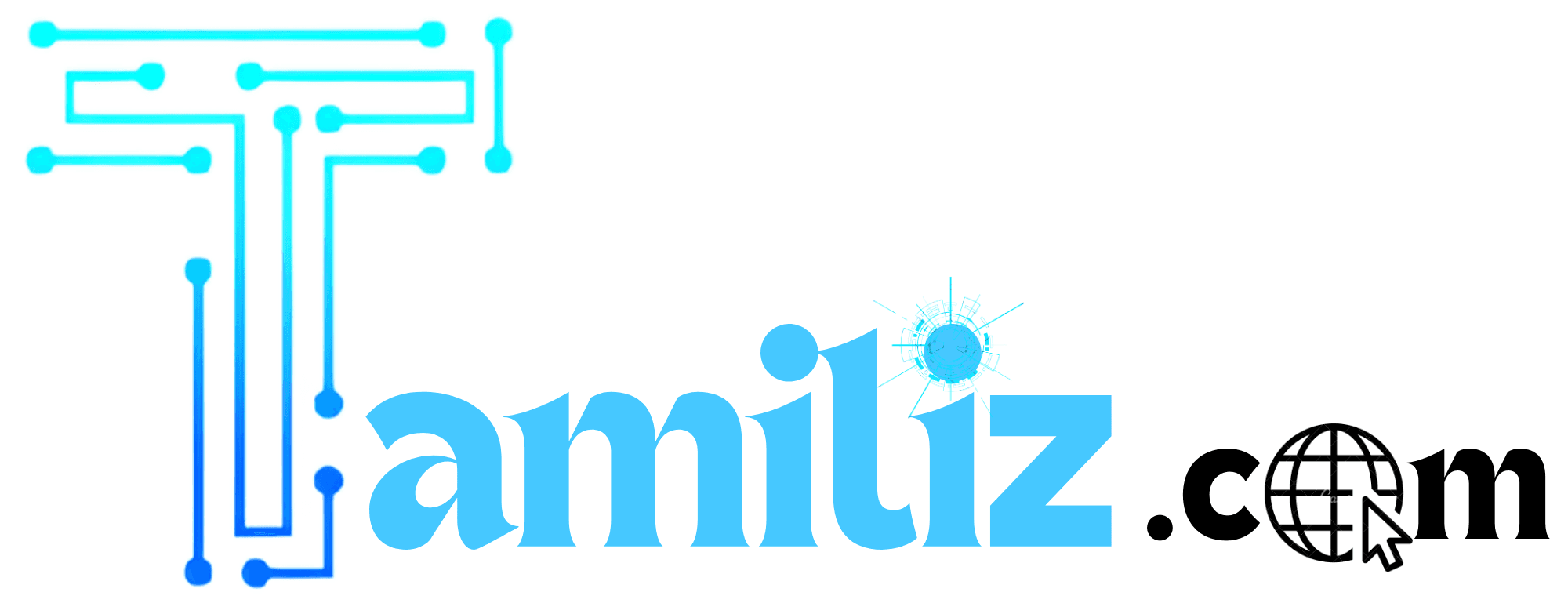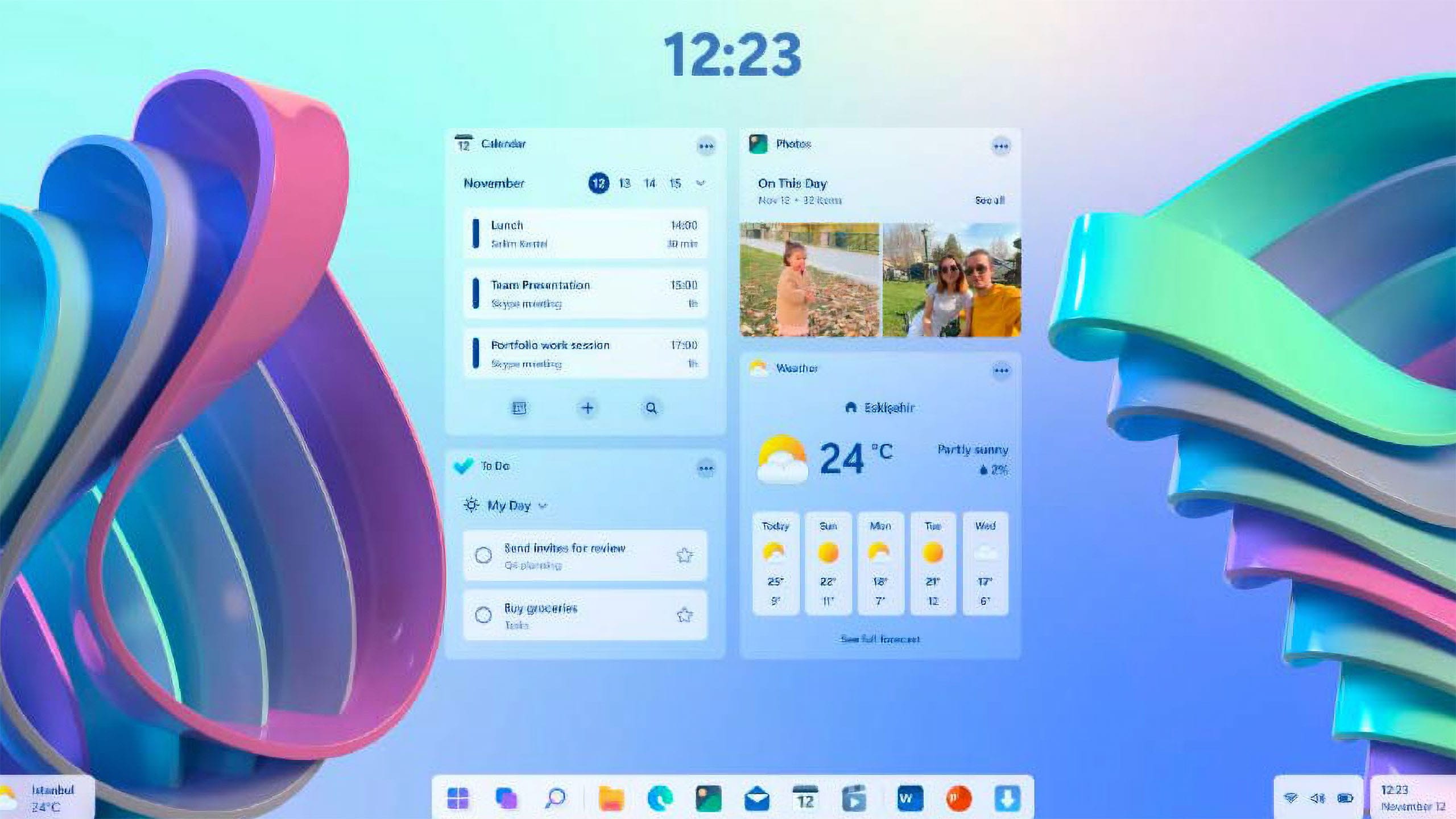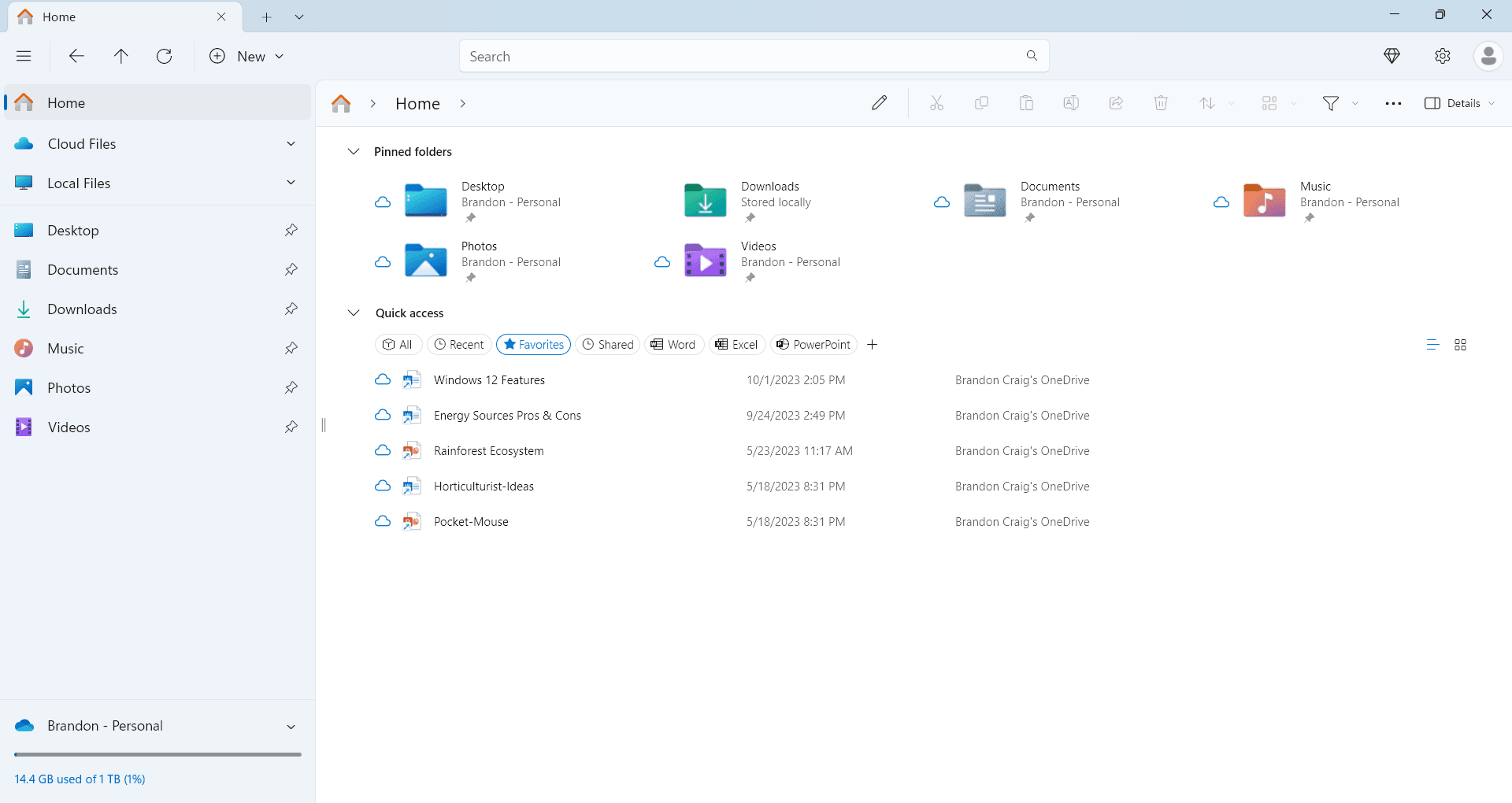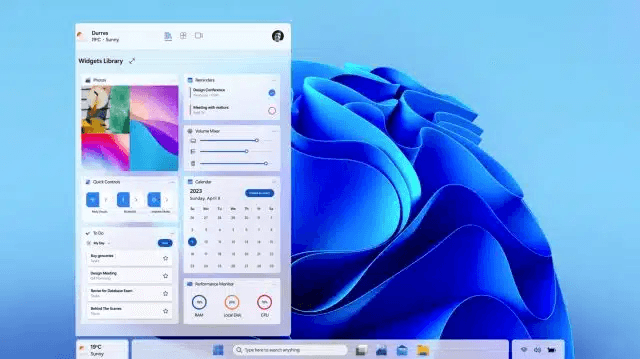With the rapid development of software and the continuous improvement of technology, Microsoft’s next OS, Windows 12, is rumored to bring many exciting changes. Although we are still waiting for official confirmation on every detail, here’s everything we know (or think we know) about Windows 12: release dates, anticipated features, technology improvements, compatibility, pricing, and comparisons with both Windows 11 and other OS options.
When Is Windows 12 Coming?
Microsoft has not officially announced a release date for Windows 12, but leaks suggest that it could be released in late 2024 or early 2025. Given Microsoft’s history of approximately three-year intervals between major Windows versions, the timeline seems realistic, especially considering how the tech giant aims to keep pace with evolving hardware and user needs. A 2024 release would align with anticipated improvements in hardware that will allow users to make the most of Windows 12’s advanced features.
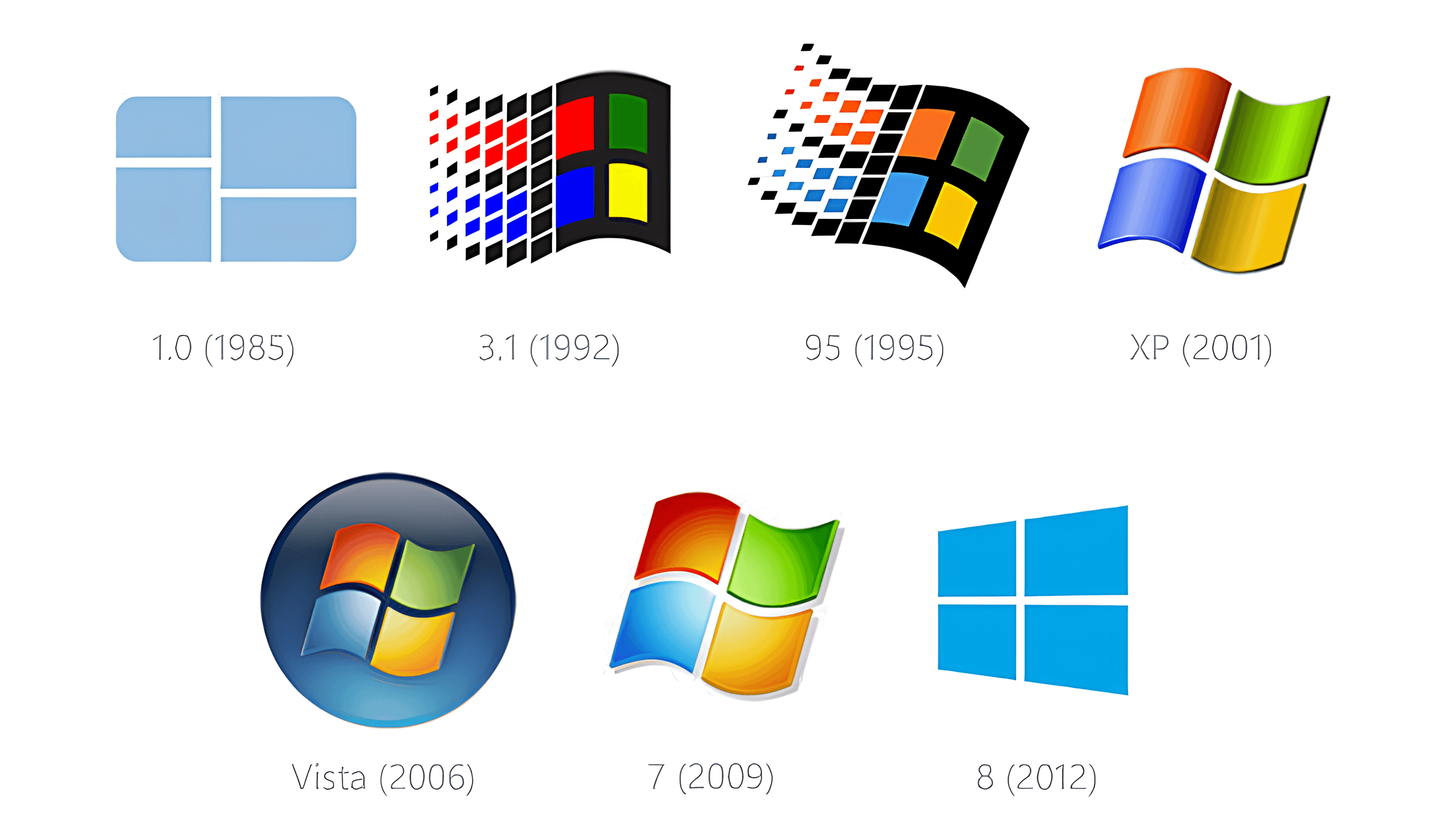
Windows 12 Features
Windows 12 is expected to bring a suite of new features to improve productivity, connectivity, and system performance. Although official features haven’t been confirmed, here are some likely improvements:
- Enhanced Task Management:
Advanced task views and multi-tasking enhancements are expected to help users streamline their work processes. - Improved Virtual Desktops:
Building on Windows 11, virtual desktops may receive better customization options, allowing users to switch more seamlessly between workspaces.
- Revamped File Explorer:
Leaks hint at a new File Explorer interface with better sorting, tagging, and search capabilities for faster access to documents.
- Dynamic Widgets:
Windows 12 is expected to take widgets further by enabling them to be more integrated and customizable on the desktop.
Cutting-Edge Technology in
Windows 12
Microsoft is continually incorporating new technologies into its operating systems, and Windows 12 is no exception. Key technological advancements may include:
- Improved Artificial Intelligence:
AI will likely be more embedded within the OS, assisting in everything from productivity tasks to personalized recommendations.
- Cloud-Based Integrations:
Deep cloud integration, particularly with Microsoft’s Azure services, could allow users to store, access, and share files seamlessly.
- Improved Machine Learning Capabilities:
Machine learning algorithms may help Windows 12 optimize power usage, battery life, and app performance. - Advanced Security Algorithms:
Real-time threat detection, enhanced encryption, and more sophisticated firewalls are rumored to improve OS security.
Compatibility Requirements
While Windows 11 requires TPM 2.0 (trusted platform module 2.0) and relatively high hardware specifications, Windows 12 may further increase these requirements. It is expected that Windows 12 will have stringent requirements for RAM, processor cores, and GPU power, aiming to leverage modern hardware advances, particularly as they relate to AI functionalities and 3D rendering.
Leaks and Rumors
As with any major OS release, leaks and rumors are abundant. Insiders have shared details on a possible redesigned Start Menu, a more modular approach to updates, and even potential cross-platform support. Microsoft is likely to address user feedback and enhance personalization options, including themes, widgets, and an adaptable taskbar.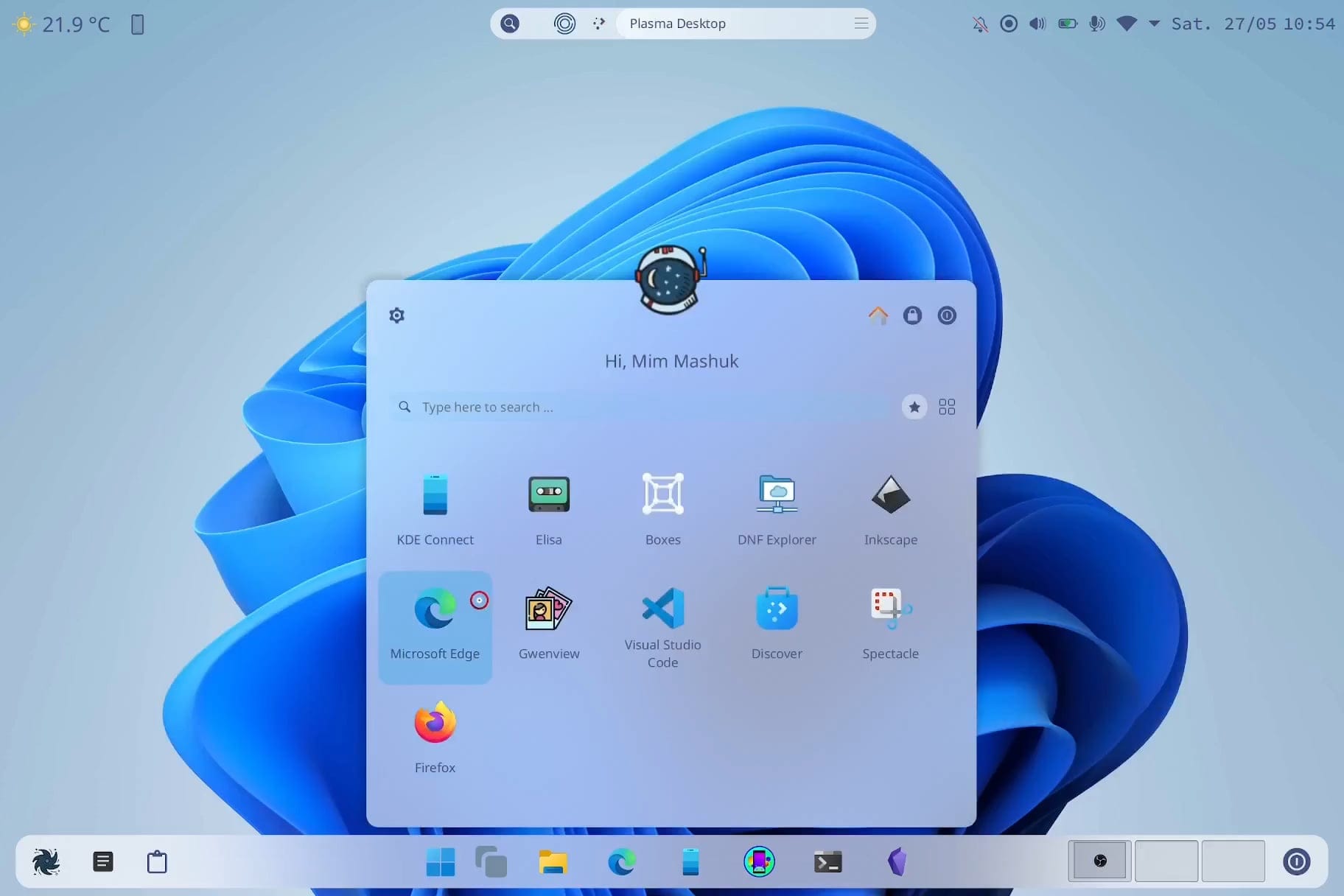
Price or Subscription?
Microsoft has been exploring subscription models, so it is possible that Windows 12 could offer both one-time licensing options and subscription-based services. A subscription model would allow users access to premium features and support updates, while the one-time purchase may still be available for those preferring traditional ownership.
AI Features in Windows 12
AI is poised to become a core part of Windows 12. Features like Microsoft Copilot, first introduced in Windows 11, are expected to be enhanced in Windows 12 to assist with tasks such as drafting emails, managing files, and improving security. AI-driven performance optimizations could lead to smarter resource allocation and better battery life management.
Decent ARM Processor Support
ARM processors are increasingly popular for their efficiency and power, and Windows 12 is expected to provide robust support for ARM-based systems. Microsoft has been working closely with Qualcomm to make the OS ARM-compatible, aiming to boost performance and battery life on ARM laptops, tablets, and possibly even mobile devices.

Windows 11 vs. Windows 12
Windows 12 promises to build on the foundation of Windows 11 while offering substantial improvements. Key areas where Windows 12 is expected to outshine its predecessor include:
- Performance:
Windows 12’s AI optimizations are rumored to improve performance, particularly on newer hardware. - Customization:
With more dynamic widgets and adaptive interfaces, Windows 12 will likely offer a more customizable. experience.
experience. - Security:
Enhanced threat detection and real-time encryption are expected to make Windows 12 more secure. - Compatibility:
Windows 12’s rumored ARM support could make it more compatible with a wider range of devices.
Full GUI Change?
- Windows 12 is anticipated to offer a full graphical user interface (GUI) update, building on the cleaner, more modern design introduced in Windows 11. This might include smoother animations, additional layout options, and a more cohesive theme across applications and system elements. A redesigned Start Menu, more fluid animations, and deeper customization are all rumored changes.

Improved Protection
Security has always been a critical focus for Microsoft, and Windows 12 is expected to enhance user protection further. The system may include AI-driven security measures that can detect and respond to threats in real-time, along with robust encryption for user data. Features like biometric authentication and even more secure multi-factor options could also be built into the OS.
Windows 12 vs. macOS
While Windows 11 has already drawn comparisons with macOS, Windows 12 may push even closer to Apple’s design and functionality standards. With an enhanced, cleaner UI and features like AI-driven assistance, Windows 12 could offer an experience that feels comparable to macOS but with the unique benefits of Windows. Improved ARM support could make it a viable choice for users accustomed to Apple’s M-series processors.
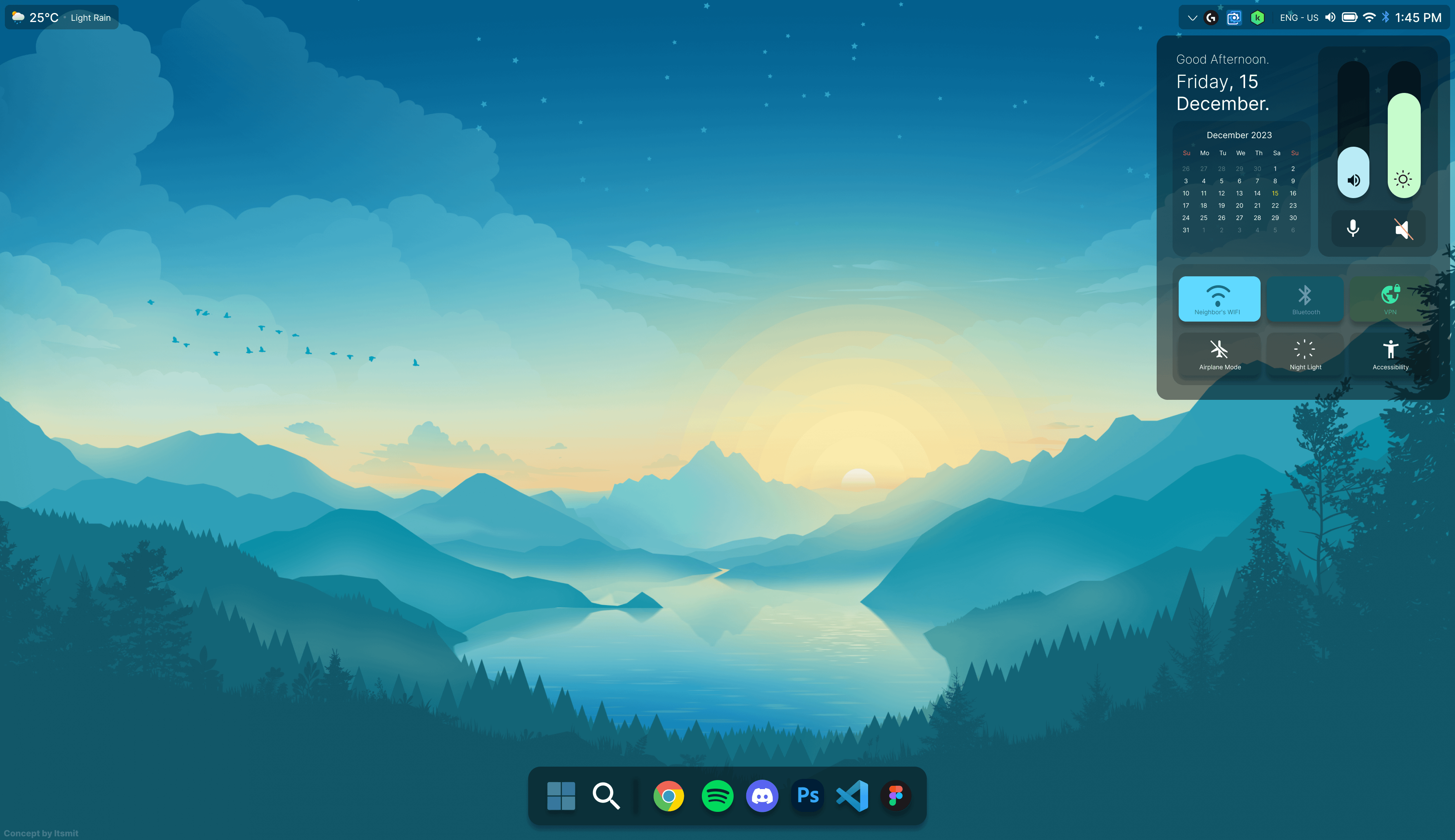
Conclusion
Windows 12 is shaping up to be a significant leap forward for Microsoft’s OS lineup. While it builds on the foundation laid by Windows 11, this upcoming version is expected to integrate cutting-edge technology, AI, security improvements, and a redesigned GUI. With rumored compatibility on ARM processors and potentially higher hardware requirements, Windows 12 will likely push the boundaries of what’s possible in a modern operating system. The expected release in 2024 or early 2025 will reveal more, but early insights suggest that Windows 12 will offer users a future-ready experience that leverages the latest technological advancements.
As we await further details, Windows 12’s blend of innovation, security, and user-focused features promises an exciting new chapter for Windows users.
(Click notification ![]() for more updates)
for more updates)
